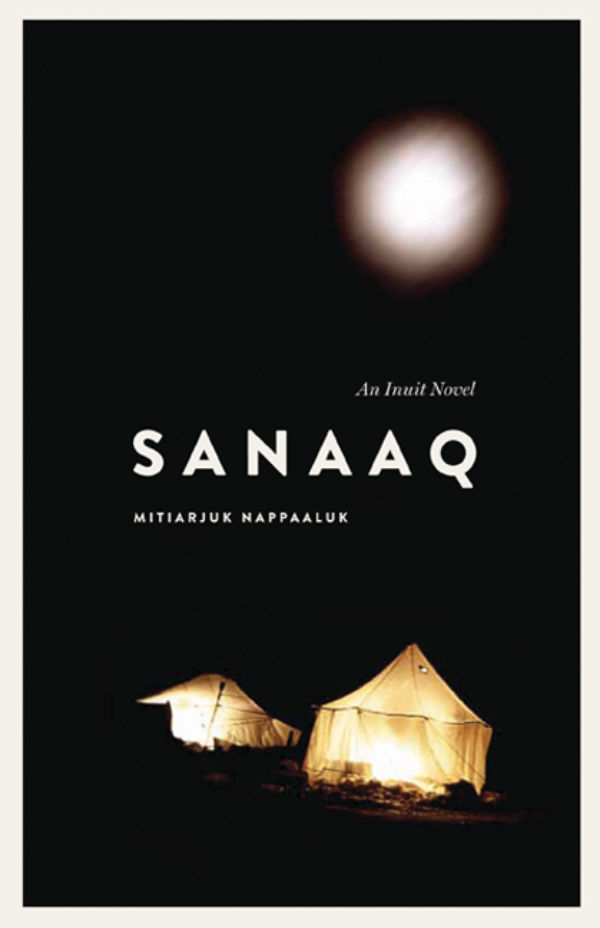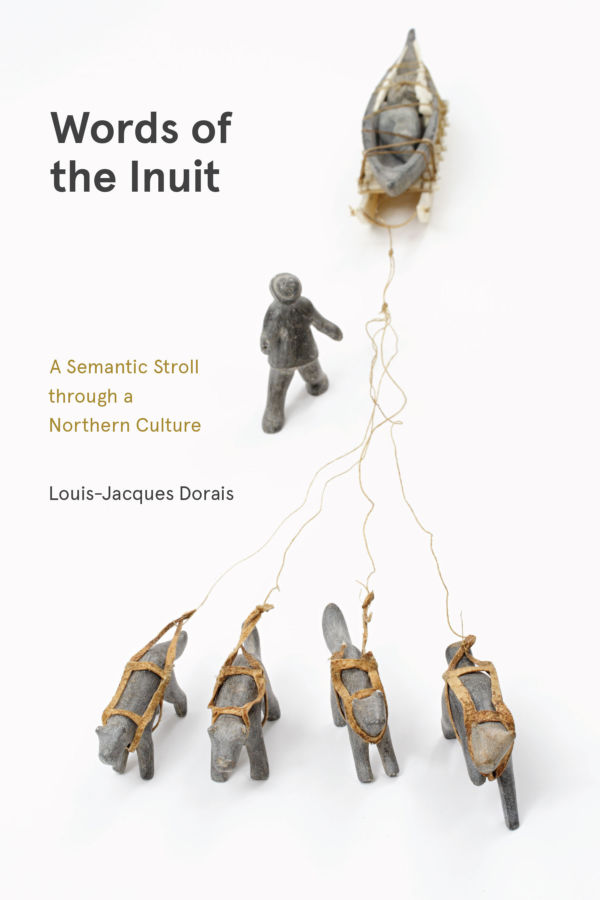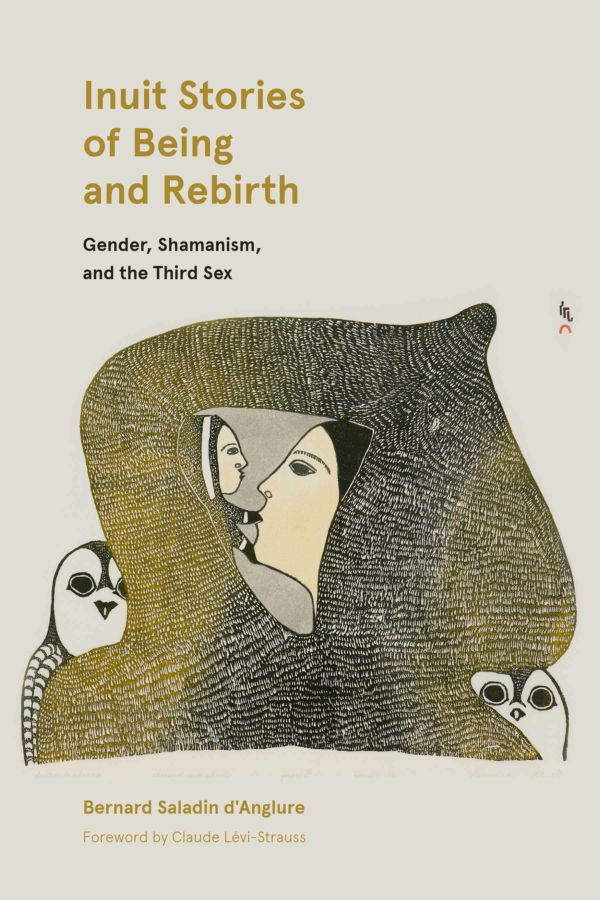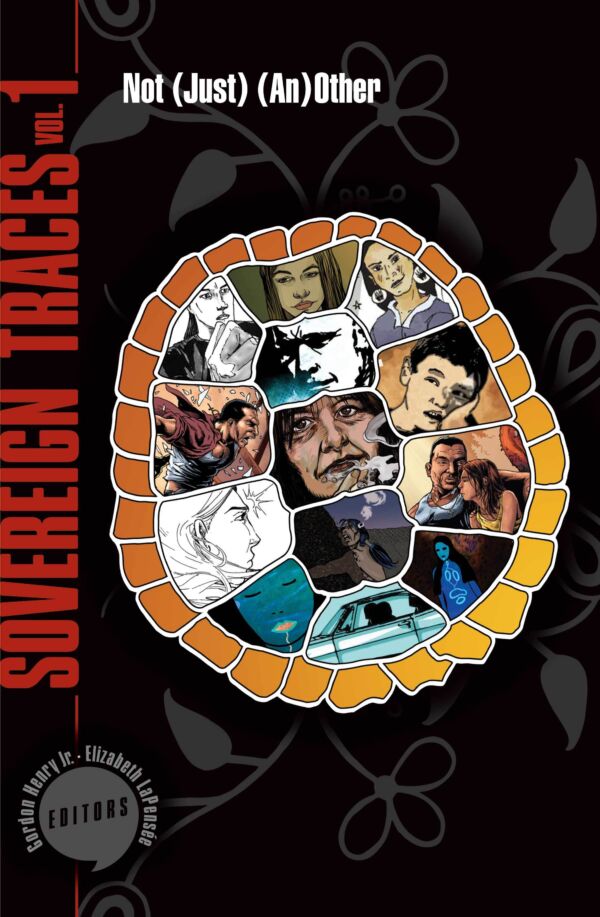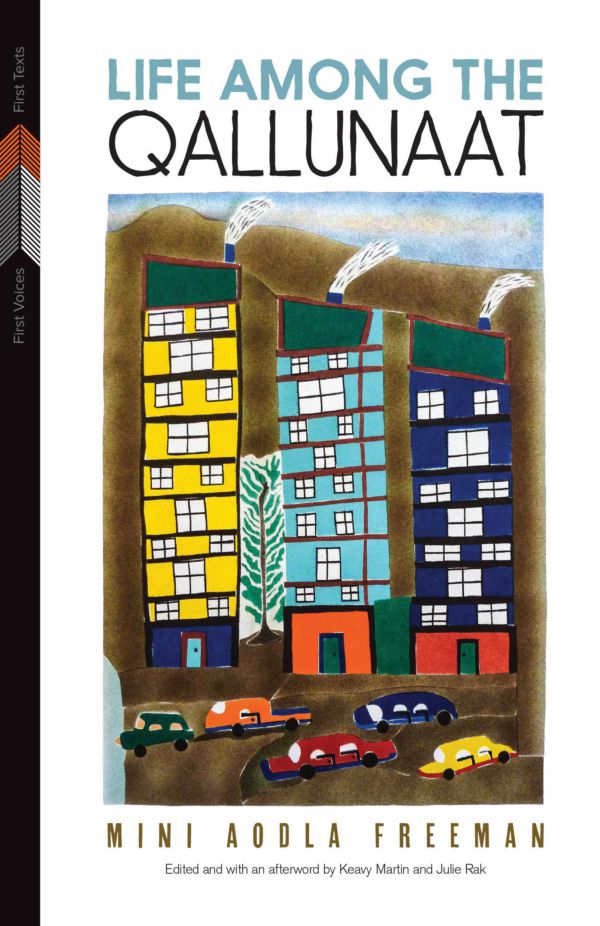Overview
Sanaaq is an intimate story of an Inuit family negotiating the changes brought into their community by the coming of the qallunaat, the white people, in the mid-nineteenth century.
Composed in 48 episodes, it recounts the daily life of Sanaaq, a strong and outspoken young widow, her daughter Qumaq, and their small semi-nomadic community in northern Quebec. Here they live their lives hunting seal, repairing their kayak, and gathering mussels under blue sea ice before the tide comes in. These are ordinary extraordinary lives: marriages are made and unmade, children are born and named, violence appears in the form of a fearful husband or a hungry polar bear. Here the spirit world is alive and relations with non-humans are never taken lightly. And under it all, the growing intrusion of the qallunaat and the battle for souls between the Catholic and Anglican missionaries threatens to forever change the way of life of Sanaaq and her young family.
Reviews
“Despite being a figure of great literary and cultural importance, Mitiarjuk and her work are almost entirely unknown in English-speaking Canada.... Sanaaq may be read as an ethnographic or historical document, but to do so would be to miss the skill and complexity of the storytelling. The novel is a creative and critical intervention into the process of representing Inuit experience.”
Keavy Martin, Studies in Canadian Literature
"Sanaaq is an unpretentious collection of fictional vignettes depicting Inuit family life in the 1950s Canadian eastern arctic. The author wrote at the request of an anthropologist attempting to learn Inuktitut and seeking to understand the context of specific words and terms. Ms. Nappaaluk offered him stories that, together, form a 'novel' - beautiful gem-like tales, told so naturally as to reflect her innate storytelling talent. The book could be viewed as a snapshot of Inuit 'dailiness.' It also shares a powerful perspective on life in the land. This is one of the most wonderous and charming pieces of writing I have read in years. I consider it a national treasure."
Laurie Meijer Drees, First nations Studies, Vancouver Island University
"This simply told tale captures the stark and sometimes brutal reality of life in the Far North."
Monique Polak, Montreal Gazette
“Sanaaq begins abruptly and ends with a spiritual release, and everything in between carries the reader along the life journey of a small community tangling with the paradoxes, juxtapositions, and day-to-day realities of northern colonialism while also re-affirming the livelihoods and knowledge that people use to assert local ways of knowing upon colonial actors. This novel, now available in English, is important reading for anyone wishing to better understand the trajectories and ironies of mid-twentieth century state projects to furnish “welfare” to Canada’s northern peoples, and to understand how Inuit actors approached these new realities.”
Zoe Todd, The Goose
Awards
Mary Scorer Award for Best Book by a Manitoba Publisher (2015)
AUP Book, Jacket, and Journal Show (Jackets & Covers) (2014)

